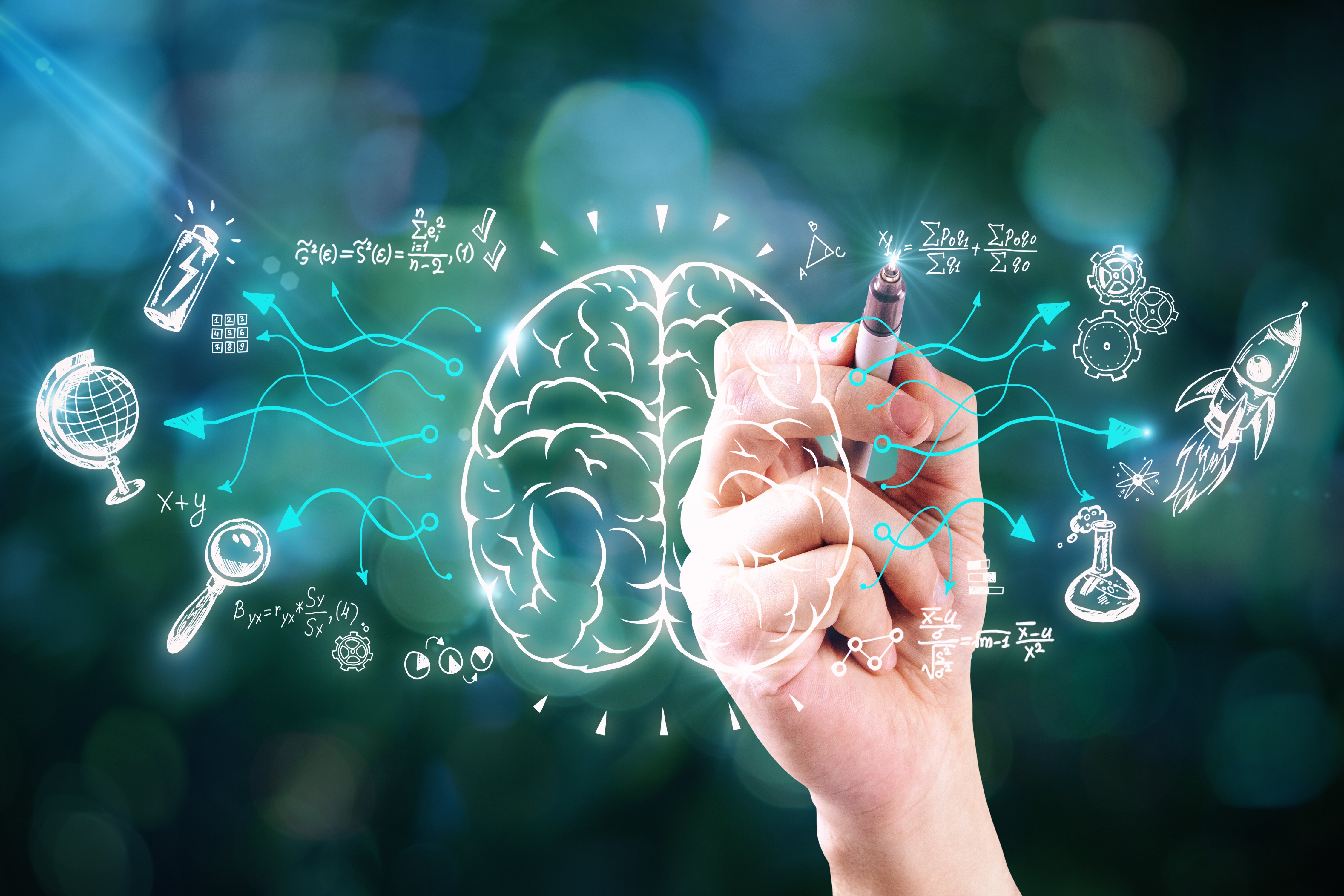When you think about fitness, you probably imagine going to the gym to stay in shape and build muscle tone. However, your body isn’t the only thing that requires exercise. Some people are unaware that the brain is a muscle. Brain fitness exercises keep your mind sharp and toned, ensuring peak mental and emotional wellness.
Mental fitness does not require intense brain training. Instead, it involves fun and creative exercises that challenge your brain to think critically.
Estimated reading time: 4 minutes

Heartmanity is proud to partner with outstanding companies that we wholeheartedly recommend so this post may contain affiliate links. You can read our full disclosure here.
With active memory training, you can solve problems, overcome obstacles, and boost your mental well-being.
Mental fitness training isn’t as demanding as marathon training but requires the same commitment. Here are six brain fitness exercises you can incorporate into your daily routine to enhance mental health and keep your brain healthy. Pick one and make it a habit, then introduce another until you have a whole routine that supports brain health.
6 Simple Tips to Enhance Mental Health and Brain Fitness
TIP 1 - Play Games to Exercise Your Brain
Stimulate your brain daily to develop a sharper mind and improve fluid intelligence. Boost your cognitive performance by playing brain training games and fun online games like Solitaire.
A 2015 study shows that brain training apps enhance cognitive function in healthy individuals. Crossword puzzles and mind puzzles that require logic and reasoning have also been used to evaluate attention disorders and help improve mental health.
Spending time each day on activities like these can have long-term benefits for your brain health and mental fitness. And for added benefit, try changing the game you play from time to time. The brain loves new and novel!
When you don't have a partner or friends to play board games with, a BRAIN APP on your phone can be a fun way to keep your brain exercised and healthy, too!

TIP 2 - Learn Something New or Start a Hobby
Learning a new skill engages multiple regions of your brain and creates new neural pathways. Your memory is activated; you exert new motions and form new associations.
Whether learning to code or play a new instrument, acquiring new skill sets challenges and stimulates your brain, giving it something new to think about.
As a bonus, hobbies like gardening, knitting, woodworking, and reading can improve your cerebral intelligence and boost your brainpower.
Or perhaps, you want more adventure in your life! You can greatly benefit from solo traveling and exploring new places abroad. Traveling can be an incredible boost to your mental well-being!
Deep Dive: “What Happens to Your Brain When You Learn a New Skill.”
TIP 3 - Read Widely and Often
Books open your mind, pique your imagination, and provide a depth of thinking and understanding of the world around you that crosses boundaries.
Step away from your usual reading genres, and try out different subjects. If you usually read contemporary novels, try business and history books. Read books written by foreign authors, the classics, poetry, philosophy, and a variety of other literature. Your brain will not only get a workout by picturing different periods, peoples, and cultures, but the act of visualizing what you’re reading stretches your imagination and lights up your brain.
There are countless genres and types of reading material available. Curiosity and an active interest in the world around you can keep your brain working fast and efficiently.

TIP 4 Practice Meditation and Mindfulness Exercises
Biohack your wellness with meditation. Meditation can help clear your mind, tune out distractions, and improve your attention span and focus. Mindfulness helps relieve anxiety and stress and is often recommended for several mental health issues.
Meditation can help prevent and treat symptoms of dementia and strengthen areas of the brain involved in learning and memory, emotion regulation, perspective-taking, and self-referential processing.
Set aside a few minutes each day to relax in a quiet, comfortable place. Close your eyes and breathe naturally, concentrating on your breath and body. When your mind starts to stray, gently bring your focus back to the breath.
TIP 5 - Eat for Brain Health
A diet high in fruits and leafy greens is good for mental fitness. Omega-3 fatty acids found in oily fish and nuts are excellent for brain health and mental wellness. Eggs are a healthy source of protein and B vitamins that play an essential role in brain health.
Stay hydrated because your brain needs water to function optimally. Limit your intake of deep-fried foods, sugar, additives, saturated fat, and sodium—all of which have been linked to poor mental health, cognitive decline, and several other health problems.
Related reading: “A Habit Burger? Improve Your Health with Keys for Breaking Bad Habits.” 
TIP 6 - Move Your Body to Stay Mentally Healthy
Your mind and body are not separate entities—a healthy body is vital for a healthy mind and vice-versa.
Physical exercise is excellent brain exercise, too. When moving your body, your brain learns new motor skills, practices balance, and estimates distance. Exercise also improves memory and helps delay the onset and progression of cognitive decline.
Moreover, physical activity releases endorphins, the body’s natural happy chemicals—and helps fight stress, anxiety, and depression.
Adults should aim to be active daily and do at least two to three hours of moderate aerobic exercise weekly. Nevertheless, any amount of exercise is preferable to none. A leisurely walk, stretching, yoga, and similar activities offer significant mental and physical benefits.
Keep Your Brain in Shape!
Daily brain activities may seem like another item to add to your very busy schedule, but the benefits to your memory, stamina, and overall mental health are undeniable. By building healthy brain habits, you improve your focus and concentration, protect your brain from aging and neurodegenerative diseases, and reduce stress, anxiety, and depression levels.
You can do many things to boost your mental health and lower your chances of cognitive decline.
Contact us at Heartmanity for more information on brain fitness and training. Or try a brain app based on science!








